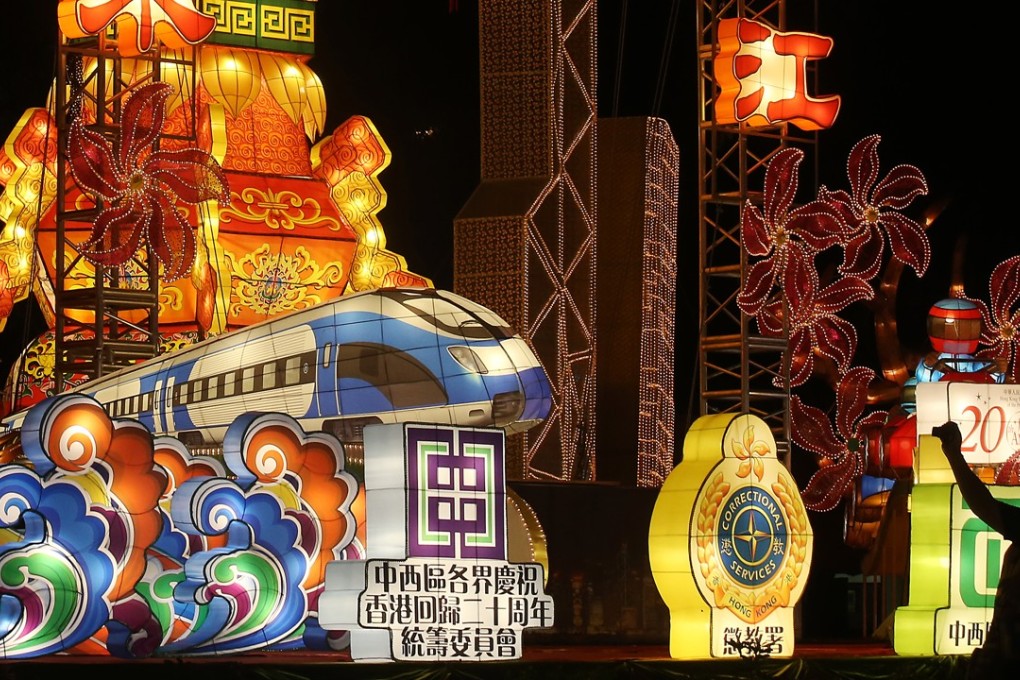Hong Kong’s shot at prime time is ours to lose if we don’t grasp the moment

On July 1, Hong Kong will mark the 20th anniversary of its return to Chinese sovereignty. As we celebrate this special milestone, it’s worth reflecting on what we’ve achieved over the past two decades, and, more importantly, where we’re headed in the future.
By almost any major measure of economic performance, Hong Kong is the envy of the world. In 2016, Hong Kong companies broke new records in revenues and profits. Unemployment hovers at an incredibly low 2.5 per cent. GDP continues to climb each year at a steady 2-3 per cent rate, a modest but respectable number compared with other mature markets.
And for a city with just 7.3 million people, Hong Kong clearly punches above its weight when it comes to international rankings: number one in economic freedom, says the Heritage Foundation. Number two in flows of goods, services, and finance, says the McKinsey Global Institute.
Our students are among the highest performers in the world. Hong Kong students ranked second in mathematics and reading, and ninth in science, in the widely regarded Programme for International Student Assessment (PISA) scores, the international benchmark published by the Organisation for Economic Co-operation and Development (OECD). A number of our universities regularly place in the top 100 in global rankings.
To be sure, there are pressing challenges. Like other leading metropolis such as London or New York, the gap between rich and poor is widening. At 0.539, Hong Kong’s Gini coefficient is among the highest in the world.
Housing costs keep spiralling higher. The government estimated in 2015 that over 200,00 people live in subdivided flats – partitioned cubicles with an average size of 100 square feet. There is a general sentiment that upward mobility has declined for today’s younger generation. Even the middle class feels poor and left out of the economic growth.